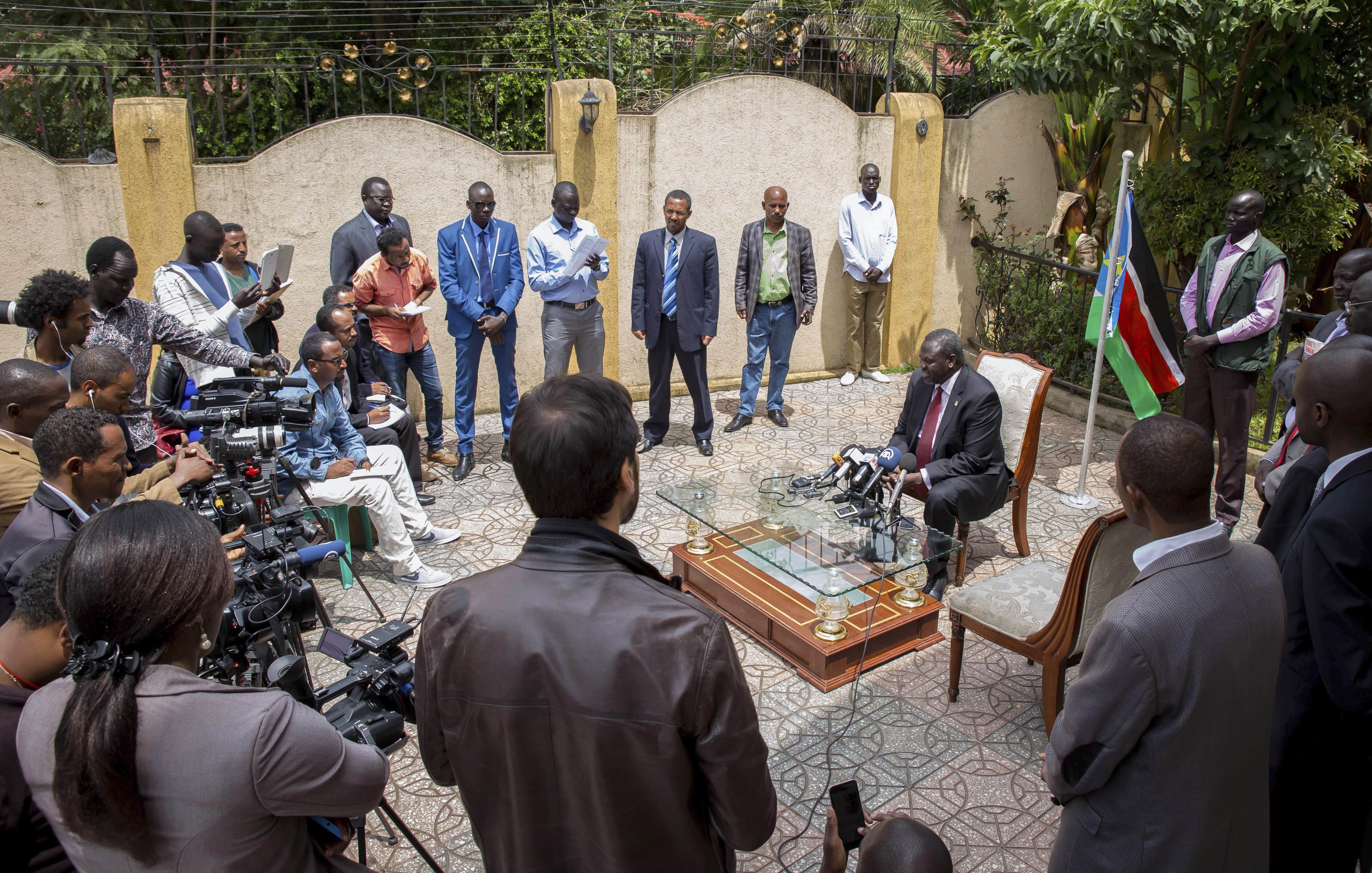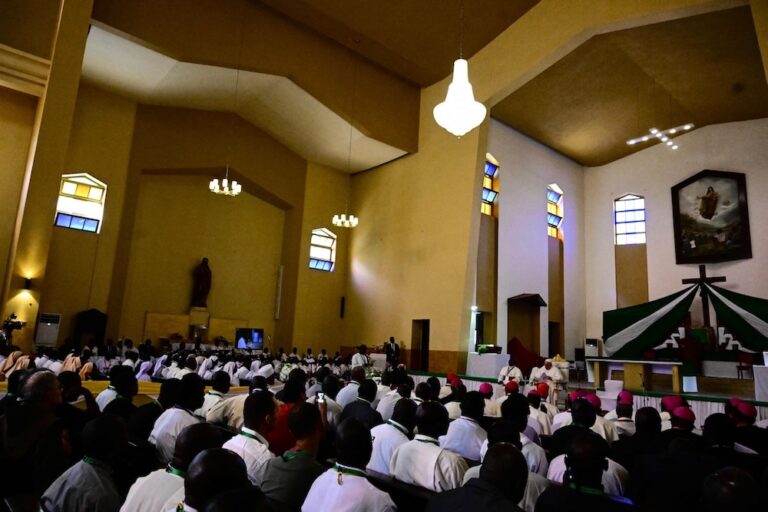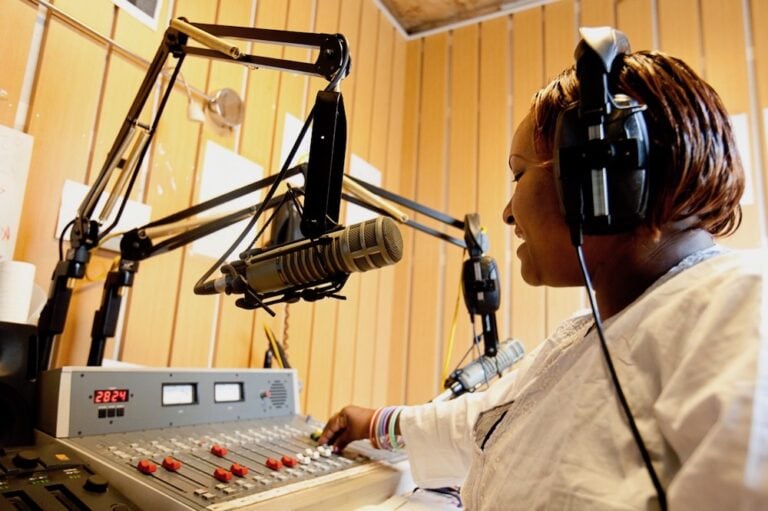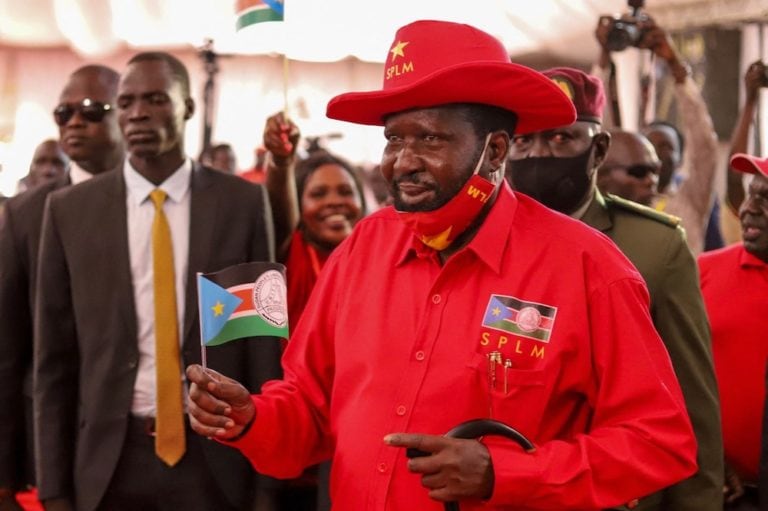"The persecutions will not go away," Ochan Hannington, a journalist living in exile, told CPJ. "You report accurately, you face it rough. You say what the government wants to hear, you survive. I see either a compromise in the ethics or continued fleeing of journalists."
The following is a CPJ blog post by By Tom Rhodes, CPJ East Africa Representative, published on 11 September 2015.
Freelance journalist Peter Julius Moi used to ride a motorbike without wearing a helmet, despite warnings from one of his colleagues to be more careful. Moi would just shrug off those concerns, saying that as a South Sudanese journalist “risk was simply part of life.” Last month, the reporter was shot dead as he walked home from work.
Local journalists understand Moi’s view on the risks for South Sudan’s press and told CPJ they have been using self-censorship more since his death. “I got personally shocked and am still struggling to recover from the trauma of seeing his dead body lying on the dirt that fateful day,” a freelance journalist and friend of Moi, who asked not to be named out of security concerns, told CPJ. “I am not sure how many journalists will go into hiding since this incident, but for now the work spirit among journalists is that of a scared, disillusioned press.”
Moi was shot by unknown assailants on August 19, according to reports. CPJ is investigating to determine if his death was work related. Six other journalists in two separate incidents have died in South Sudan this year, making the young country the most dangerous place in Africa to practice journalism in 2015. CPJ has been able to determine that five of those journalists were killed in direct reprisal for their work. It is still investigating whether the death of Pow James Raeth, who was shot dead in May, was connected to his work as a radio reporter.



